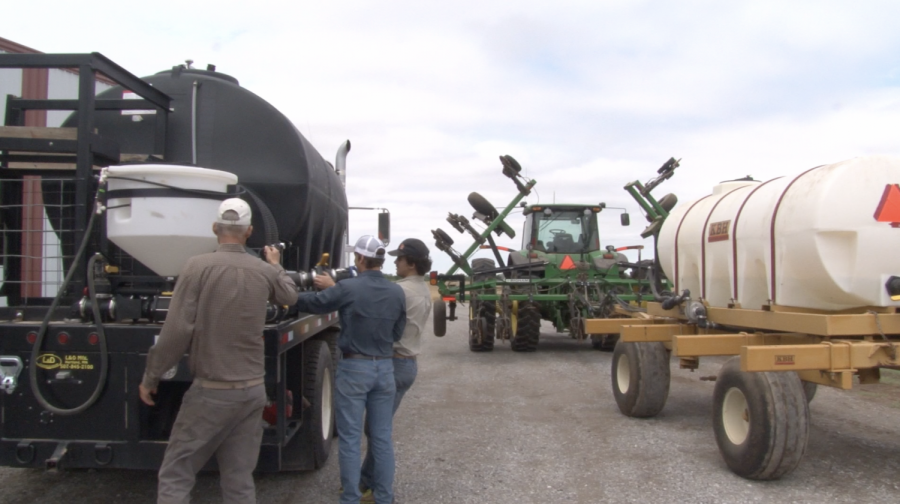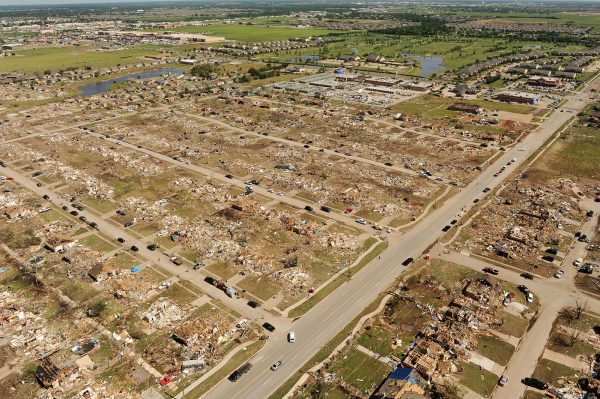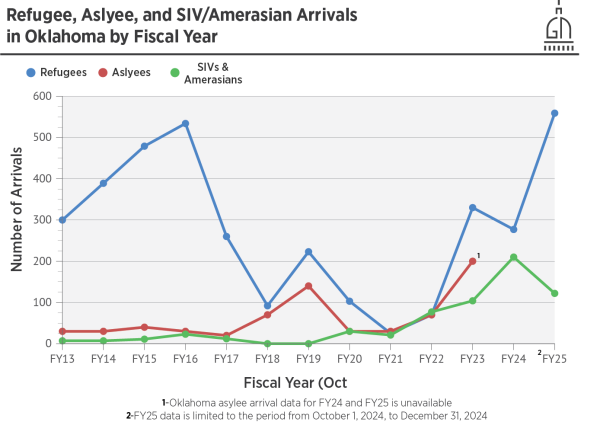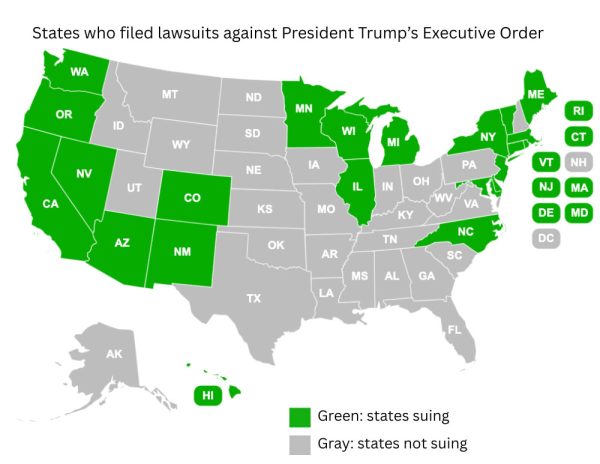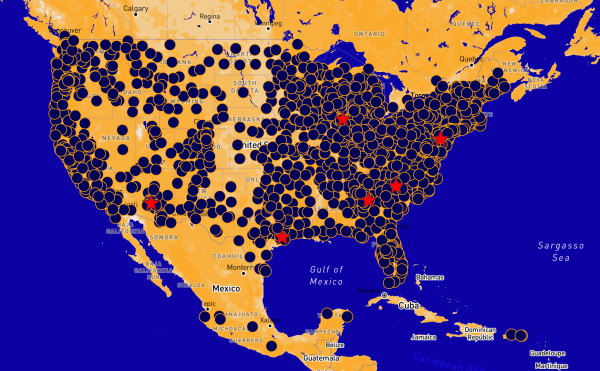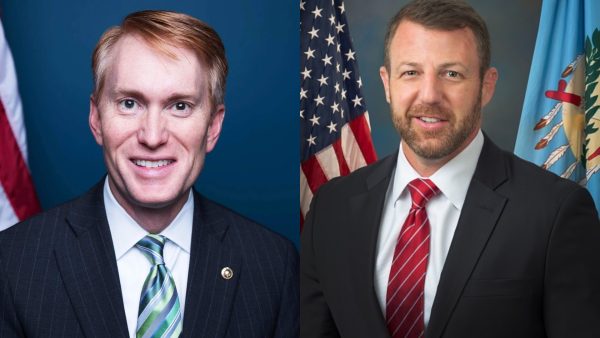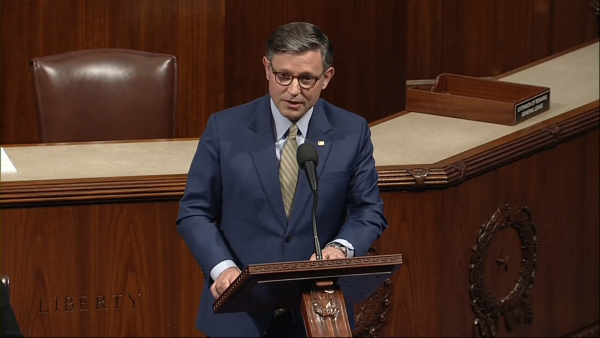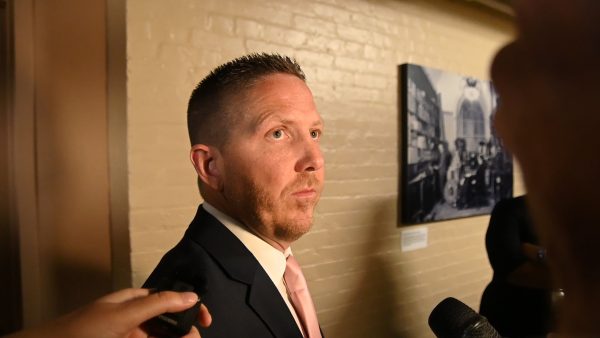Waters of the United States rule could create questions for Oklahoma farmers
Farmers fear feds could be making it more difficult again for them to work their land in the search to protect clean water. (Will Blessing/Gaylord News)
A U.S. federal court has dismissed a lawsuit seeking to block an effort by the Biden administration to revise how the country’s navigable waters are to be regulated.
For Oklahoma farmers, this new rule could create a lot more problems than solutions when it comes to which water sources are considered under federal regulation.
“The biggest definition with farming is how the water stands on a piece of land, and whether it then becomes protected wetlands,” said Rodd Moesel, president of the Oklahoma Farm Bureau
“Under the WOTUS that the Obama administration had done… the land could be federally regulated just because water stood on the ground too long instead of immediately draining and that’s just not realistic. In the real farming and ranching world, water is going to stand after major rain events but not the other 90, 98, or even 99% of the time,” he said, referring to the law known as Waters of the United States.
Farmers and ranchers were finally getting used to the Trump administration’s new rule when this announcement was made, leaving them unsure of how this will once again change the ways they run their farms.
“The Biden administration wanting to rewrite the rule alarms us because we just got one written that we think satisfies the law and keeps water clean and it’s barely had time to go into effect,” Oklahoma farmer Matt Muller said. “We have barely been able to start operating under that, but we had been comfortable with what we were going to have to deal with.”
In Oklahoma, the Department of Environmental Quality and the Water Resources Board are already heavily involved in the water regulation of the state, making Trump’s Navigable Waters Protection Rule, more reasonable as farmers had more control over their land without need for such federal oversight.
“It causes us a lot of concern and worry that we don’t know what the new rule is and it’s hard to know when making business decisions about what kind of crop to grow or what changes to make on your land,” Moesel said. “I really don’t think federal action is needed in this area much at all because the states have had very aggressive and very active regulation of water for decades.”
The American Farm Bureau Federation is also not pleased with the possibility of a reversal of the WOTUS rule, as they know that it will be farmers suffering the consequences.
“[EPA Administrator Micheal Regan] recently recognized the flaws in the 2015 Waters of the U.S. Rule and pledged not to return to those overreaching regulations,” AFBF President Vincent “Zippy” Duvall said. “We are deeply concerned that the EPA plans to reverse the Navigable Waters Protection Rule, which puts the future of responsible protections at risk.”
Both Senator Jim Inhofe and Congressman Frank Lucas put out statements arguing once again that the Obama era WOTUS rule overregulated and urged the Biden administration to understand the farmers and ranchers are on their side in the fight towards water protection.
“Farmers, ranchers, and landowners of Oklahoma have long been good stewards of their land and the environment,” said U.S. Rep. Frank Lucas (R, Cheyenne)., adding the “Navigable Waters Protection Rule provided long-overdue certainty and clarity for landowners.”
“The Biden Administration’s intent to reverse the Navigable Waters Protection Rule hurts those who call rural America home and once again places stringent burdens on America’s farmers, ranchers, businesses, and rural communities,” he said.
With seemingly the whole state in a fight to protect the water and the farmers whose land it sits on, all they can do now is wait and see what such changes might come from this announcement, and how they will protect their land moving forward.
“Clean water and clarity are paramount,” Duvall said. “And that is why farmers shouldn’t need a team of lawyers and consultants to farm.”
Gaylord News is a reporting project of the University of Oklahoma Gaylord College of Journalism and Mass Communication.
Gaylord News reporter Keegan Williams wrote this story, and Gaylord News reporter Will Blessing created the broadcast version.

